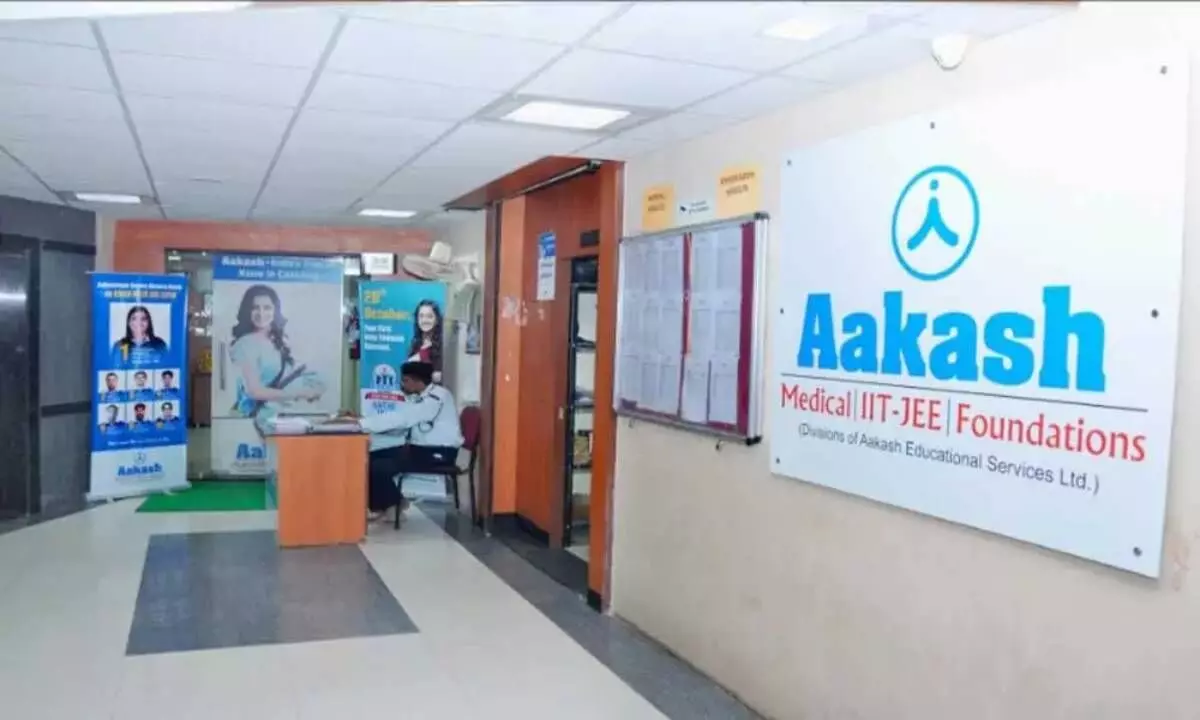BYJU's says Aakash acquisition process on track, to be completed by Aug
Edtech giant BYJU's on Wednesday said that the $1 billion acquisition process of Aakash Educational Services is on track and is expected to be completed by August.
image for illustrative purpose

New Delhi, June 29 Edtech giant BYJU's on Wednesday said that the $1 billion acquisition process of Aakash Educational Services is on track and is expected to be completed by August.
BYJU's acquired Delhi-based offline test preparatory services provider Aakash for $1 billion last year.
The company was reacting to reports that Blackstone and other shareholders of Aakash are yet to be paid in both cash and stock as it has deferred the payment.
A company spokesperson told IANS that the acquisition of "Aakash is fully on track and all payments are expected to be completed by the agreed upon date, i.e., August 2022".
"Aakash is our most successful acquisition till date and we are very proud to have them in our fold," the company spokesperson added.
"Along with all our group companies, we continue to be perfectly poised to provide access to quality education in all learning segments from early learning to exam prep and career success, the spokesperson said.
Aakash Educational Services provides test preparation services for medical and engineering entrance exams, school/board exams, and other exams via Aakash Centres.
The edtech unicorn made at least 10 acquisitions for a cumulative transaction value of about $2.5 billion last year.
The latest development at BYJU's comes as the Indian edtech market is shrinking with reopening of schools, colleges and physical tuition centres.
Led by the edtech platforms like Unacademy, WhiteHat Jr, Vedantu, FrontRow, Udayy, Lido Learning and others, over 10,000 start-up employees have been laid off in the country.
In April, Unacademy laid off nearly 600 employees, contractual workers and educators, about 10 per cent of its 6,000-strong workforce across the group.
In June, Unacademy said that a small fraction of its workforce (2.6 per cent or nearly 150 employees) was asked to go as part of a performance improvement programme (PIP).

